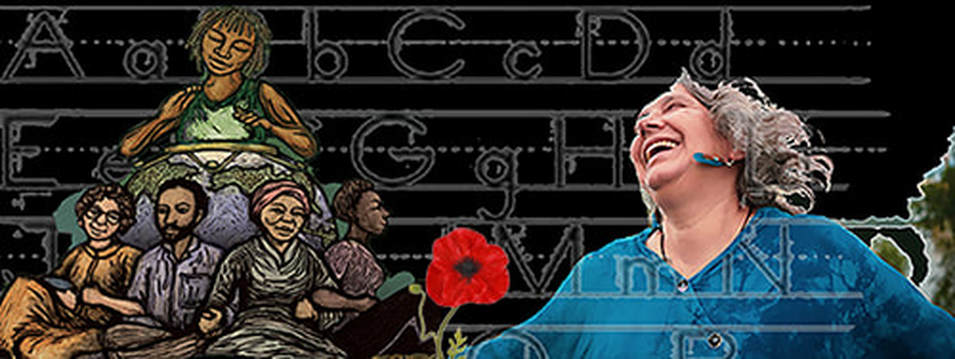|
I am of the generation of red diaper children that was raised on the songs of the Spanish Civil War, that brave international effort to stop the spread of fascism in Europe. As a six year old, my father had gone door to door collecting coins to support the International Brigades, units of mostly communist volunteers from Europe and North America, many of them Jews. It was one of the heroic stories of my childhood.
So, when, at the age of twelve, I began translating poetry from Spanish, I started with Pablo Neruda’s Spanish Civil War poems, España en el Corazon, and the first poem I chose was “Explico Algunas Cosas.” You will ask, says Neruda, where are the lilacs, and the metaphysical blanket of poppies and the rain that often struck your words, filling them with pinholes and birds. I will tell you everything that has happened to me. Then he describes the neighborhood of Madrid where he lived, his house, brimming with geraniums, the marketplace with its heaps of bread, rows of fishes and ladles of olive oil, a city alive with the drumming of hands and feet, and beyond it, the dry, leathery face of Castille. And one morning, everything was burning, and one morning, the bonfires leapt from the earth devouring beings, and since then fire, gunpowder since then, since then blood. Eighty years ago this month, German planes also bombed the Basque town of Guernica, the northernmost stronghold of the Iberian anti-fascist resistance, and an important cultural center for the indigenous Basque people. It was early evening, on a market day. Most of the men were away fighting, so the crowd gathered in the town square was made up of women and children, trapped there because the roads and bridges out of the town had been hit first and turned into barriers of rubble. I thought of them today, the people whose deaths Pablo Picasso brought to world attention with his most famous painting, and of Neruda’s poem about the bombing of Madrid. Traitor generals, he cried, look at my dead house, look at broken Spain. I had been reading about towering flames rising over Nangarhar, about the ground shaking as if in an earthquake, of people at a distance knocked unconscious by the force of the blast. I was reading about impoverish hed tribal people whose fields were just destroyed, about high maternal and infant death rates and no medical care, about a border slashed through the land by British invaders, and a government that provides nothing but decade after decade of war. The US military men who dropped this gigantic weapon onto the homeland of Pashtun farmers, in a show of strength to intimidate the world, called it the mother of all bombs. Bombs are not mothers. The actual mothers of this beautiful, wounded world are taking one step at a time, trying to protect our children from an all-out war on life, and all too often are forced to grieve them. I think of the mothers of Guernica, the mothers of Viet Nam and Palestine and Syria and the Congo, the mothers of Buenos Aires and Detroit, Chicago and Ayotzinapa, indigenous mothers like Berta Caceres, mothers protecting rivers from Amazonas to Standing Rock, real mothers. I have no punchline or moral to end this with. Neruda’s poem was a defense of political art, a declaration of conscience. He writes, You will ask why my poetry doesn’t speak of sleep, of leaves, of the great volcanos of my native land. And he answers, come and see the blood in the streets. Like Bertolt Brecht who wrote, “What a time it is when to speak of trees almost a crime, for it is a kind of silence about injustice,” Neruda seems to be saying that blood makes leaves and land irrelevant. But today we know that trees and rivers, land and sky are all swept up into the same struggle, between the cultivation of life and its destruction, between the practice of mothering this living planet and all its beings, a practice rooted in the heart, with or without a womb, and the so-called mother of all bombs. And then words of a song begin to run like a thread of water through all this trouble, and I find an ending after all. I remember Linda Tillery singing an Eric Bibb song a couple of months ago at my synagogue: Time has come, enough is enough, got to move aside, let the mothers step up.
0 Comments
Your comment will be posted after it is approved.
Leave a Reply. |
About Aurora
Aurora Levins Morales is a disabled and chronically ill, community supported writer, historian, artist and activist. It takes a village to keep her blogs coming. To become part of the village it takes, donate here. Never miss a post!
Click below to add this blog to your favorite RSS reader: Archives
September 2017
Categories
All
|


 RSS Feed
RSS Feed
